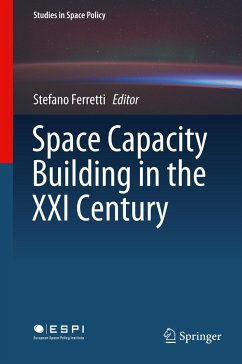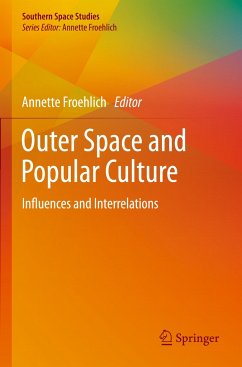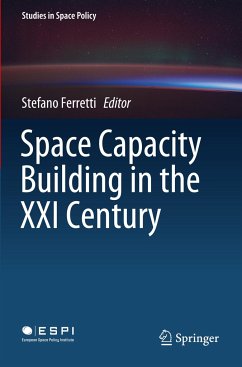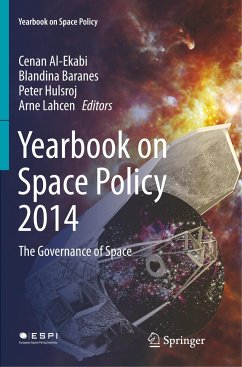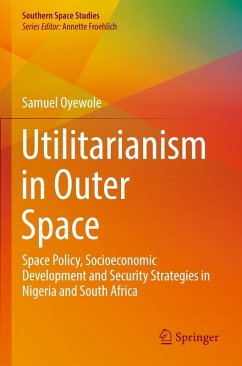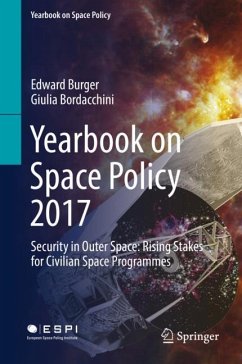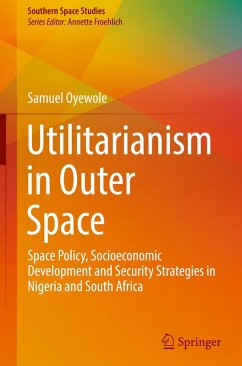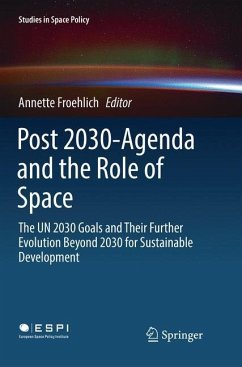
ASEAN Space Programs
History and Way Forward
Herausgegeben: Verspieren, Quentin; Berthet, Maximilien; Coral, Giulio; Nakasuka, Shinichi; Shiroyama, Hideaki
Versandkostenfrei!
Versandfertig in 6-10 Tagen
87,99 €
inkl. MwSt.

PAYBACK Punkte
44 °P sammeln!
This book presents the first-ever comprehensive analysis of ASEAN space development programs. Written by prominent actors in the region, it goes beyond a mere exposé of the history, current status and future plans of ASEAN space technology development and utilization programs, by analyzing the conditions in which a space program can be initiated in the region. It does so in two ways: on the one hand, it questions the relevance of and motivations behind the inception of space development programs in developing countries, and on the other hand, it focuses on the very specific context of ASEAN (...
This book presents the first-ever comprehensive analysis of ASEAN space development programs. Written by prominent actors in the region, it goes beyond a mere exposé of the history, current status and future plans of ASEAN space technology development and utilization programs, by analyzing the conditions in which a space program can be initiated in the region. It does so in two ways: on the one hand, it questions the relevance of and motivations behind the inception of space development programs in developing countries, and on the other hand, it focuses on the very specific context of ASEAN (a highly disaster-prone area shaped by unique political alliances with a distinctive geopolitical ecosystem and enormous economic potential, etc.). Last but not least, after having analyzed established and emerging space programs in the region, it provides concrete recommendations for any regional or extra-regional developing nation eager to gain a foothold in space. As such, this book offers avaluable resource for researchers and engineers in the field of space technology, as well as for space agencies and government policymakers.







